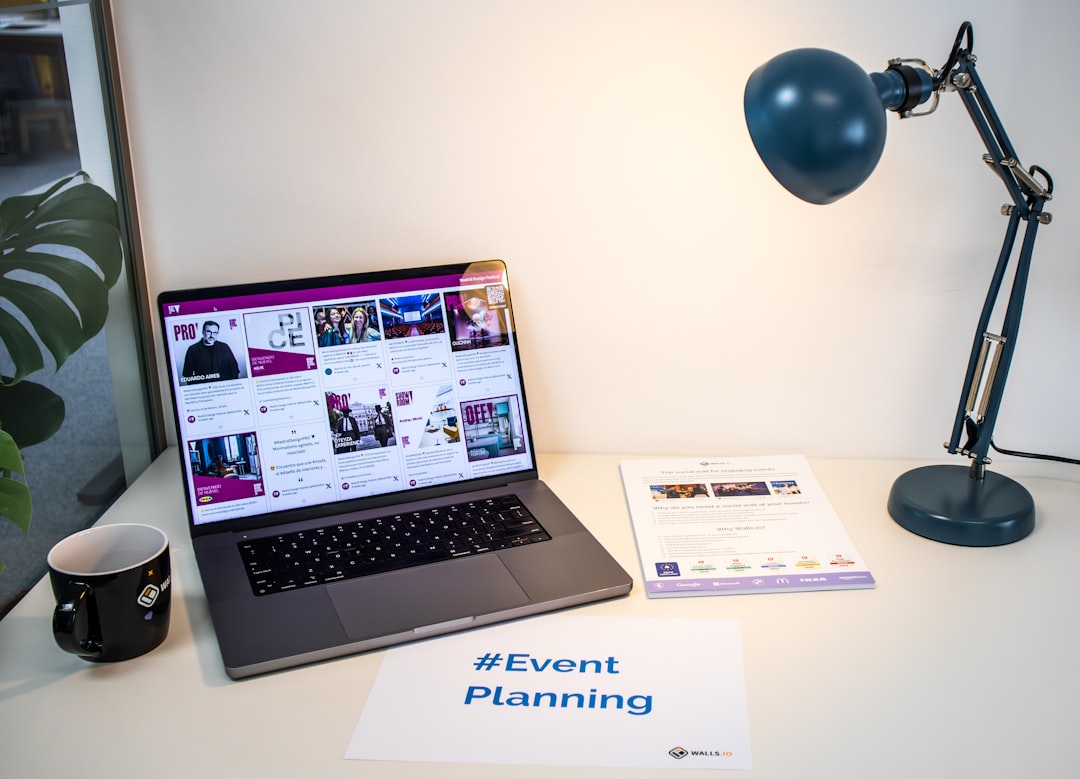Mastering the Art of Conference Planning: Turning Ideas into Reality
Conference planning is like orchestrating a symphony; every detail must harmonize to create a memorable experience. Whether you’re a seasoned event planner or a novice taking on the task for the first time, the journey from concept to execution can be both exhilarating and daunting. This article dives deep into the art and science of conference planning, providing valuable insights to ensure your event resonates with attendees and achieves its objectives.
**Understanding Your Audience**
The first step in effective conference planning is to know your audience inside and out. Who will attend your conference? What are their interests, pain points, and expectations? Conducting surveys or focus groups can help gather insights. Once you understand your audience, tailor your conference theme, sessions, and activities to meet their needs. A successful conference is not just about the agenda but also about creating an engaging environment where participants feel valued and involved.
**Setting a Budget**
Budgeting is often the most challenging part of conference planning. However, it is also the most critical. Establish a clear budget that outlines all potential expenses, including venue rental, catering, speaker fees, marketing, and technology. Prioritize your spending based on what will have the most significant impact on your event’s success. If funds are tight, consider seeking sponsorships or partnerships that can offset costs. Remember, a well-planned budget allows for flexibility while ensuring you don’t compromise on quality.
**Choosing the Right Venue**
The venue sets the tone for your conference. Look for a space that reflects your brand and is easily accessible for attendees. Consider factors such as capacity, layout, audio-visual capabilities, and amenities. Don’t shy away from unconventional venues; unique locations can enhance the overall experience and make your event more memorable. Additionally, consider the venue’s sustainability practices—an eco-friendly approach is increasingly important for many attendees.
**Crafting a Compelling Agenda**
A great agenda is at the heart of any successful conference. Curate sessions that inspire, educate, and engage participants. Incorporate a mix of keynote speakers, panel discussions, and workshops to cater to different learning styles. Allow for networking opportunities where attendees can connect and share ideas. And don’t forget to include breaks! These moments of downtime are essential for attendees to recharge and reflect on what they’ve learned.
**Utilizing Technology**
In today’s digital age, technology plays a pivotal role in conference planning. From registration platforms to event apps, technology can streamline processes and enhance the attendee experience. Consider incorporating virtual or hybrid elements to reach a broader audience. Live-streaming sessions or offering on-demand content can engage participants who may not be able to attend in person. However, ensure that your tech setup is tested thoroughly before the event to avoid any glitches.
**Promoting Your Conference**
Effective marketing is crucial to attract attendees to your conference. Utilize social media, email newsletters, and content marketing strategies to generate buzz. Collaborate with speakers and sponsors to leverage their networks. Create engaging content, such as blog posts or videos, that highlight what attendees can expect. Use visuals that resonate with your audience and reflect the conference’s theme. Early bird registrations often incentivize attendees, so consider offering discounts for those who sign up early.
**Feedback and Follow-Up**
After the conference concludes, the work doesn’t stop. Gather feedback through surveys to understand what worked and what didn’t. This information is invaluable for improving future events. Send thank-you notes to speakers, sponsors, and attendees—building relationships is vital for future collaborations. Consider sharing session recordings or highlights through email or social media to keep the momentum going and maintain engagement with your audience.
**Conclusion**
Conference planning is an intricate process that requires careful consideration of numerous elements. By understanding your audience, setting a realistic budget, choosing the right venue, crafting a compelling agenda, utilizing technology, and promoting effectively, you can create a conference that is not only successful but also leaves a lasting impact on attendees. Remember, every great event starts with a vision, and with careful planning and execution, that vision can come to life.
